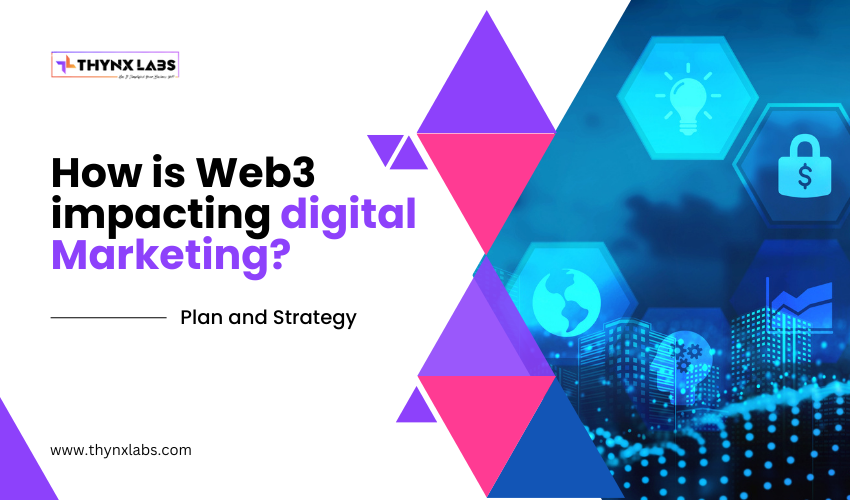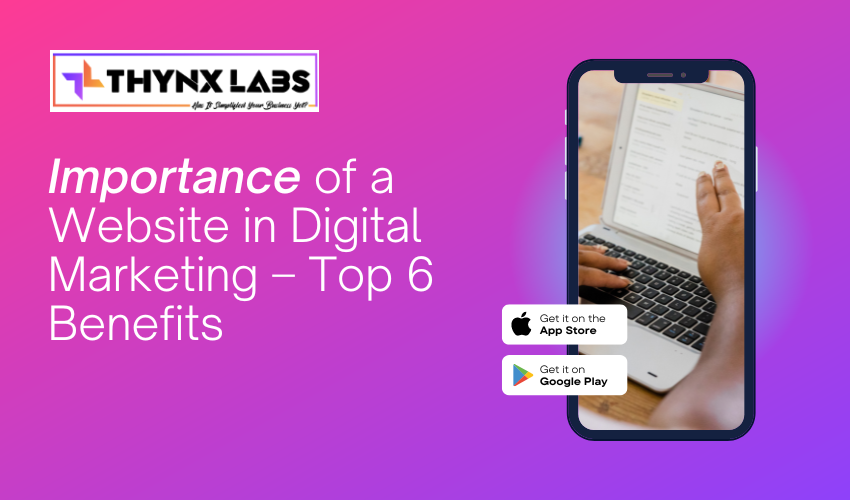The Impact of Web3 on Digital Marketing
The Impact of Web3 on Digital Marketing: Is It Worth It?
The emergence of Web3, also known as the decentralized web, has the potential to significantly impact digital marketing. In this article, we will explore the concept of Web3, discuss its key features, and evaluate its potential benefits and challenges for digital marketers.
- Understanding Web3: Web3 represents the evolution of the Internet from a centralized model to a decentralized model. It leverages blockchain technology and decentralized protocols to enable peer-to-peer interactions, data ownership, and increased privacy. Unlike Web2, where user data is often controlled by large platforms, Web3 aims to empower individuals by giving them greater control over their data and online experiences.
2. Key Features of Web3:
- Decentralization: Web3 utilizes blockchain and decentralized technologies to distribute data and power across a network of nodes rather than relying on centralized servers.
- Data Ownership: Users have more control over their personal data and can decide how and when to share it, giving rise to the concept of self-sovereign identity.
- Transparency: Web3 enables transparent transactions and interactions, allowing users to verify and trace the origin of information and digital assets.
- Smart Contracts: Smart contracts are self-executing contracts with predefined rules and conditions encoded on the blockchain. They enable secure and automated transactions without intermediaries.
- Tokenization: Web3 introduces the concept of tokens, which can represent digital assets, ownership rights, or even access to certain services within decentralized platforms.
3. Potential Benefits of Digital Marketing:
- Data Privacy and Security: Web3's focus on user data ownership and privacy can help build trust between brands and consumers. Marketers can leverage this trust by adopting privacy-centric practices and offering transparent data-sharing options.
- Enhanced Targeting and Personalization: With users having more control over their data, they may be willing to share specific information with marketers in exchange for personalized experiences or incentives. This can enable more accurate targeting and tailored marketing campaigns.
- Direct Peer-to-Peer Engagement: Web3 enables direct interactions between consumers and brands, bypassing intermediaries. Marketers can leverage decentralized platforms and smart contracts to engage directly with their target audience, creating more authentic relationships.
- Token-based Incentives: Web3's tokenization opens up opportunities for loyalty programs, rewards, and incentivized engagement. Brands can create their own tokens or partner with existing decentralized platforms to incentivize user actions, such as sharing content or making referrals.
4. Challenges and Considerations:
- Adoption and Awareness: Web3 is still in its early stages, and widespread adoption may take time. Marketers need to consider whether their target audience is actively participating in Web3 platforms and if investing resources in this space aligns with their marketing goals.
- Complexity and Learning Curve: Web3 technologies can be complex and require a learning curve for marketers. Understanding blockchain, smart contracts, and decentralized platforms may require additional resources and expertise.
- Regulatory Landscape: As Web3 disrupts traditional business models and challenges existing regulations, navigating the evolving regulatory landscape can be challenging. Marketers need to stay updated and ensure compliance with relevant laws and guidelines.
5. Is It Worth It?
Whether Web3 is worth investing in depends on various factors, including your target audience, industry, and marketing objectives. While Web3 offers exciting opportunities for data privacy, direct engagement, and incentivization, it is still an evolving landscape. Consider conducting market research, monitoring industry trends, and assessing the potential ROI before committing significant resources.
In conclusion
Web3 has the potential to revolutionize digital marketing by prioritizing user data ownership, privacy, and direct interactions. While it presents opportunities for marketers, it also comes with challenges and considerations. Stay informed, evaluate your specific circumstances


